Note: The Google advertisement links below may advocate political positions that this site does not endorse.
|
Date of Prediction: 2016-01-15 Version:6
Prediction Map
Confidence Map
Prediction States Won
Confidence States Won
Analysis
Analysis for this prediction can be found in the comments below due to the lack of support for multiple paragraphs: I may have gone a bit overboard on this one.
Prediction History
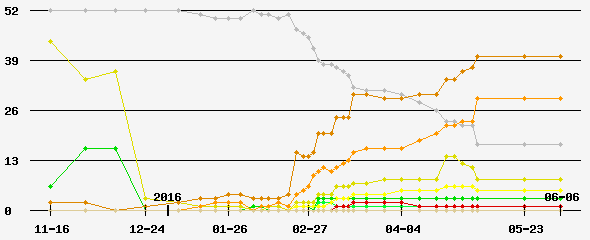
Comments History
- show
Version History Member Comments
User's Predictions
User Info
Links
|
||||||||||||||||||||||||||||||||||||||||||||||||||||||||||||||||||||||||||||||||||||||||||||||||||||||||||||||||||||||||||||||||||||||||||||||||||||||||||||||||||||||||||||||||||||||||||||||||||||||||||||||||||||||||||||||||||||||||||||||||||||||||||||||||||||||||||||||||||||
Back to 2016 Republican Presidential Primary Prediction Home - Predictions Home
© Dave Leip's Atlas of U.S. Elections, LLC 2019 All Rights Reserved





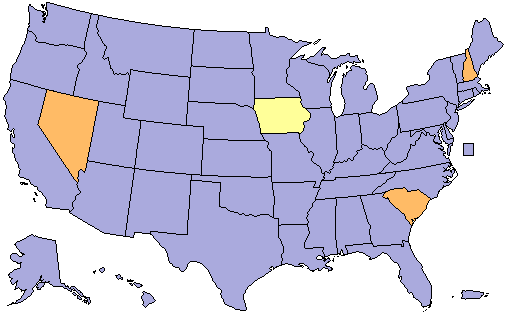
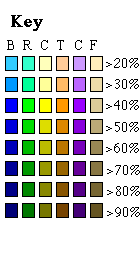
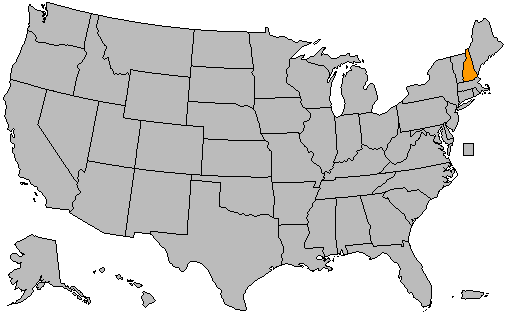
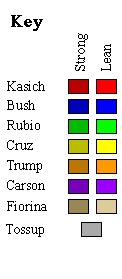

 2024 President
2024 President 2022 Senate
2022 Senate 2022 Governor
2022 Governor 2020 President
2020 President 2018 Senate
2018 Senate 2018 Governor
2018 Governor 2016 President
2016 President 2014 Senate
2014 Senate 2014 Governor
2014 Governor 2012 President
2012 President 2012 Senate
2012 Senate 2012 Rep Primary
2012 Rep Primary 2010 Senate
2010 Senate 2010 Governor
2010 Governor 2008 President
2008 President 2008 Dem Primary
2008 Dem Primary


